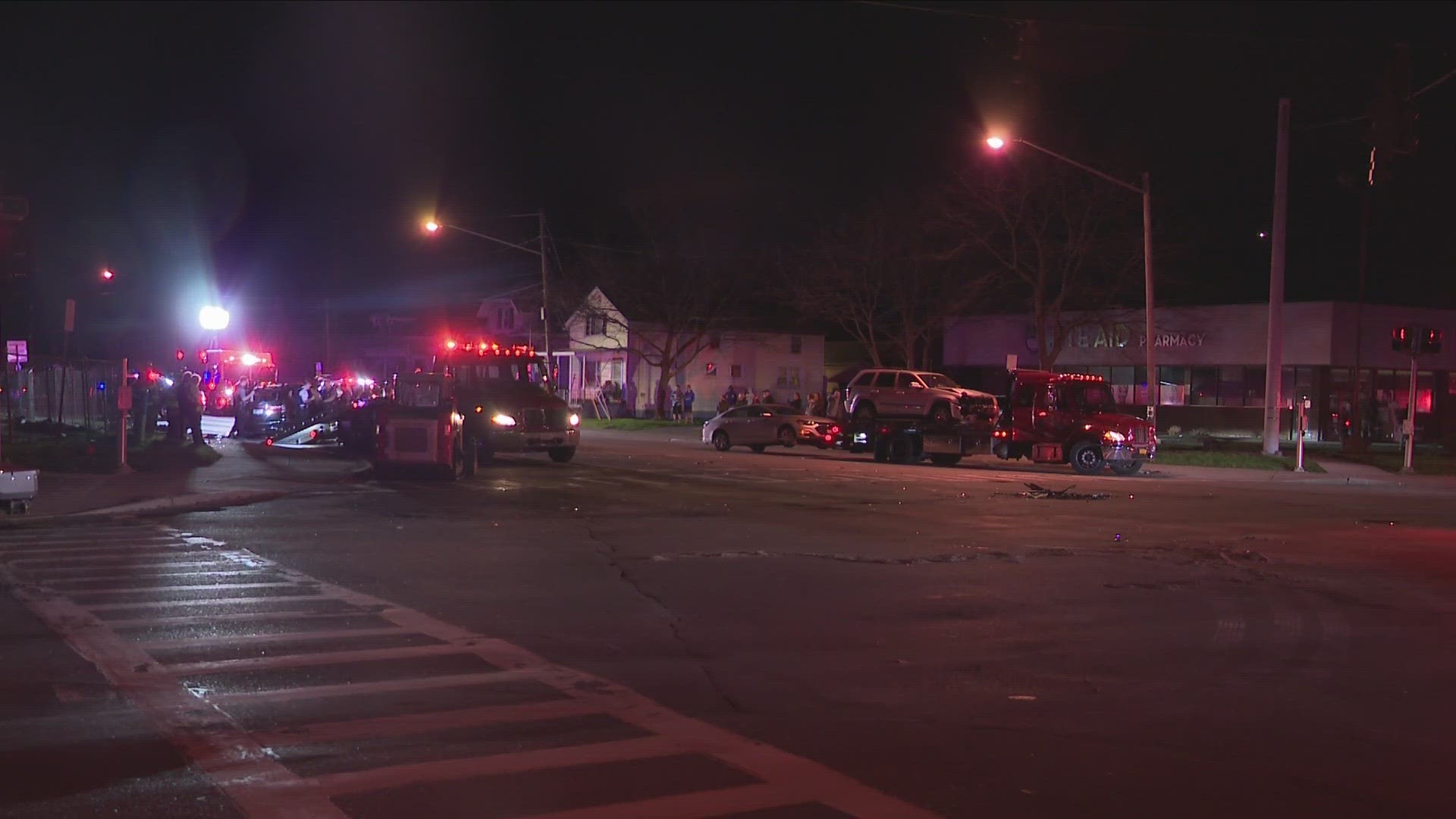ALBANY — The co-owner of the del Lago Resort and Casino met with Gov. Andrew Cuomo's administration last week as the struggling facility continues to seek a lower tax rate or financial help for its slots and table games.
Thomas Wilmot, the Rochester shopping mall magnate, traveled to Albany on June 12 to meet with members of Cuomo's budget division, the agency confirmed.
The topics of discussion at the meeting weren't immediately clear, and a spokesman for del Lago declined comment late last week.
But Wilmot had traveled to Albany at least once before to make an unsuccessful push for a lower tax rate before the state budget was passed in March.
The most recent visit came as the state legislative session is scheduled to end Wednesday.
"I think we need some help at this point, and what the future holds, time will tell," Wilmot told the USA Today Network's Albany Bureau in March.
What's next for del Lago
The state could consider several avenues to help del Lago, which has failed to meet revenue projections since it opened in February 2017.
State legislators, for example, could pass a law to allow del Lago to have a lower tax rate.
Or del Lago might be able to pursue some administrative actions to help their finances through the state Gaming Commission.
But so far, Cuomo has rebuked del Lago's requests and so too have many lawmakers.
Assembly Racing Committee chairman Gary Pretlow, D-Mount Vernon, has opposed any bailout for del Lago and said its owners have not reached out to him in recent days.
"If they have a beef, it’s with their consultants who did the numbers," Pretlow said Monday.
In March, Cuomo acknowledged the state's private casinos were struggling since they opened their doors last year.
"But they’re private concerns, and I don’t want to get into the business of bailing out private concerns," he told reporters then.
'Full transparency' sought
A key state senator, meanwhile, is sponsoring a bill that would require del Lago and the state's three other private casinos to disclose more about their finances before getting any sort of tax break.
Senate Finance Committee Chairwoman Catharine Young, R-Olean, Cattaraugus County, introduced legislation late last month that would require the casinos to disclose a wide variety of information about its vendor contracts, debts and executives' salaries to an "independent financial monitor" if they want a tax reduction.
The bill is sponsored by Young and Sen. Joseph Griffo, R-Rome, Oneida County, who both have Native American-run casinos in their districts.
"State leaders, and most importantly — taxpayers — have a right to expect full transparency on the part of any casino that is seeking state funds or tax breaks," Young said.
Seeking help
Del Lago pays a 37 percent tax on gross revenues from slots and 10 percent on all other sources.
But undoubtedly the $420 million casino would want to pay a lower rate to help stay afloat.
Del Lago ended its first year at about $147 million in revenue — roughly 44 percent lower than projections and the worst performing of the three new casinos in 2017, the Albany Bureau reported in February.
The casino is in a heavily competitive gambling market: Three Seneca Nation casinos in the Buffalo area and two racetracks with video-lottery terminals are to the west, while the Oneidas now run three casinos to the east.
The troubles for del Lago have gained notice.
Moody's Investors Service in January warned the casino could soon face difficulty paying off its creditors if its numbers didn't significantly improve.
It warned "without a substantial improvement in revenue, del Lago will not be able to achieve a level of performance that can support its existing debt capital structure."
In March, Wilmot said the casino was paying the bills, but, "Long term, it isn’t going to be sustainable without some help."
Del Lago has blamed the Senecas for its woes, accusing it of not paying tax revenue to the state and then using the money to offer incentives to gamblers in the region.
But the Senecas have dismissed del Lago's claims.



